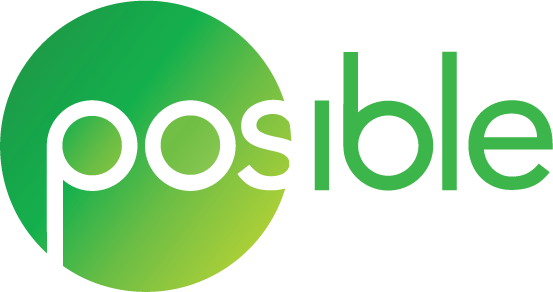Choosing the right accounting software for your business can be a lot like choosing a ride to take in an amusement park. If you simply go by how fun it appears to be, the thrill and enjoyment you are seeking may soon turn to a nightmare of epic proportions. You will be stuck in a ride till it is over, wondering how a day that started off so great could take such a turn.
But you see, that amusement ride will last only 5 or 10 mins. The ramifications of the wrong accounting software for your business, however, will be far-reaching. Which is why it is essential that you consider business requirements, software features and offerings, budgets, goals, and other factors before deciding which accounting software to implement for your business. To help you navigate this labyrinth of choices, we have collated a few points which we hope will help you get started.
- Features and user-interface: Start off by making a list of must-have and good-to-have features. Compare them against your shortlisted vendors. Basic features like invoicing, income & expense tracking, financial reporting, taxation, multi-user access, multi-currencies, etc. are offered by most vendors. Depending on how your business operates, you may have additional requirements such as customer management, inventory management, time-saving automations, third party integrations, etc. It is also advisable to review the user-friendliness, ease of set-up, and the learning curve involved, as extremely complex systems will dissuade people from using it effectively.
- Cloud-based Software: Unless you have a solid reason to the contrary, go with a cloud-based software over a traditional point of sale (POS) system. Cloud accounting software have some clear advantages over traditional systems such as ease of signup, no installations, no waiting for upgrades, easy accessibility on the go, easy integrations, etc. The real-time access to data and analytics provides business intelligence at your fingertips and bolsters quicker decision-making, fostering growth of business.
- Data Security: Most vendors have their data management and security details on their website. If not, be sure to ask them about their data security procedures and protocols. Application data is usually stored on external servers and are managed by security experts with the latest technologies, which makes it safer and cheaper than using your own servers.
- Pricing and hidden costs: Most cloud-based accounting software come with a monthly subscription and are not costly. Some even offer discounts if you sign up for a year or longer. If your app of choice provides free trials, you can test the app before making a purchase decision. Some may charge for support or upgrades or you may be forced to buy add-ons, so be sure to check for hidden costs at the very beginning.
- Customer support: Implementing a new business software company-wide can be quite the challenge – You may find yourself stuck at trying to figure how a certain module works or you may run into some set-up issue and need troubleshooting to proceed. While these apps do come with user guides, you may need support from a tool expert. Hence, be sure to review the level of support provided in various subscription packages of your chosen tool.
With features such as billing, inventory, CRM, expense management, etc. and the freedom to customize your subscription package, Posible could be the business accounting software you need. Contact us to know more.

